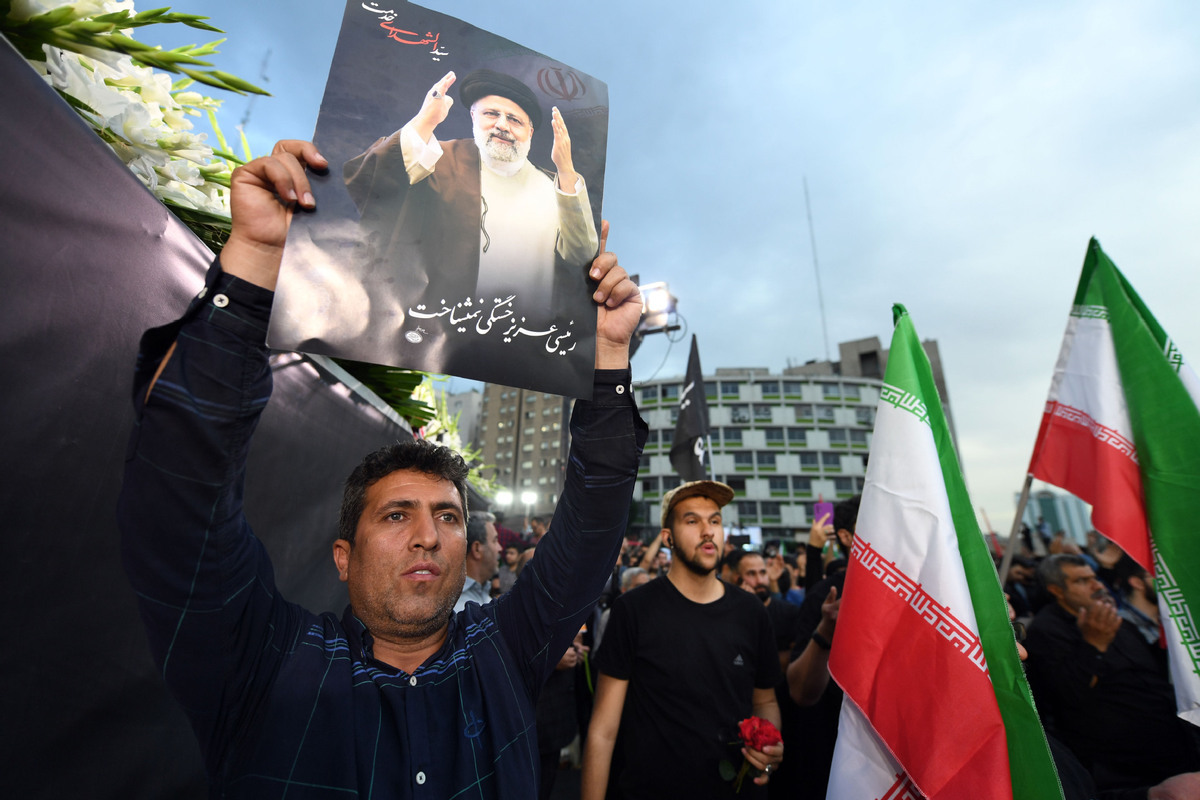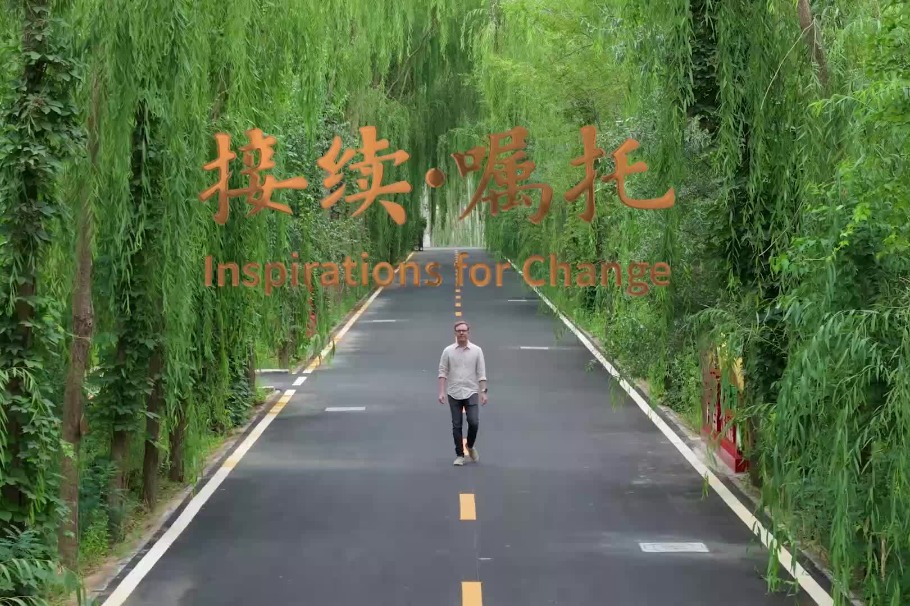How Iran's foreign policy will evolve after Raisi


As Iran gears up for its snap presidential elections, what is the future of Tehran's foreign policy toward key countries in the region and beyond? That question merits significant attention, following the death of former president Ebrahim Raisi and a coming change of guard.
On Tehran's relationship with Washington, ties are likely to remain fraught in the near-term. Iran is likely to pursue a principled approach to delicate nuclear deal negotiations, and US insistence on unwarranted sanctions could challenge efforts to break common ground. The nuclear deal issue could feature greater reliance on third parties to advance strategic communication, indicating caution on both sides against escalation in the midst of Israel's war on Gaza.
Washington's open support for Israel's war is another major point of friction. That position runs counter to Tehran's hopes of crisis resolution aimed at settling the Israel-Palestine question in the interests of the besieged. Thus, vocal criticism of Israel and US arms support could add further strain on the Iran-US relationship and dampen prospects of a favorable turnaround. Relief in unilateral US sanctions and respect for Tehran's sovereignty could serve as important points of convergence, though the lead-up to the US elections suggests limited optimism. After all, US President Biden and Republican contender Donald Trump look set to adopt a hardline approach to perceived US adversaries, such as Iran, and appeal to hawkish domestic constituencies.
With a change in Iranian presidential leadership on the cards, Tehran's relationship with Saudi Arabia will continue to improve. It reflects in both sides' commitment to the China-mediated Iran-Saudi agreement, which has advanced diplomatic progress in both capitals and paved the way for reconciliation. Tehran would approach its ties with Saudi Arabia to benefit Raisi's flagship "Neighbors First" policy in the Middle East. That vision entailed a steady expansion of external relations, and compliments Tehran's opening-up ambitions. A mutual desire to contain spoiler events, such as potential spillover from the Gaza war and Red Sea escalations, could drive incentives to deepen diplomatic common-ground.
Without question, Iran's foreign relations with China are set to move from strength to strength for several reasons. First, both sides are already on track to invest in their landmark 25-year comprehensive cooperation plan, having worked to strengthen the plan's operational mechanism during Raisi's tenure. The raging war in the Middle East has also underscored the need for continued engagement under the Belt and Road Initiative, strengthen connectivity, and pursue a development-focused approach to long-term stability.
Their progress on multisector cooperation also speaks for itself: Chinese and Iranian leaderships have prioritized cooperation across fields spanning agriculture, trade, tourism, environmental protection, health, disaster relief, culture. It is in the interests of both sides to maintain that convergence regardless of how the international situation changes. Growth in bilateral trade to nearly $15 billion last year was a powerful testament to mutual resilience, and Tehran remains a significant component to China's New Silk Road in the long-term.
Interestingly, counter-terrorism cooperation will serve as an important priority for Iran-Pakistan relations going forward. Rising threat perceptions earlier this year have enabled an even stronger resolve to rein-in terrorist groups such as Jaish-al-Adl and the Balochistan Liberation Army. Raisi's landmark visit to Pakistan this year emphasized regular political, military and security cooperation to advance mutual counter-terrorism objectives. The use of foreign bases for devastating terror attacks makes future Iran-Pakistan engagement a critical factor in regional stability.
Similarly, Tehran's future relations with Afghanistan are set to feature tactical engagement to jointly rein-in outfits that threaten regional peace. Iran remains an important player alongside Russia, China and Pakistan to create conditions that address intertwined security challenges, and help Afghanistan support economic stability.
In sum, Iran's future relationships in the region will continue to pivot toward credible peace, development and security. It is likely to pursue a more cautious approach to US ties ahead of the elections, while its political system appears all-set to endure.
Hannan Hussain is a foreign affairs commentator and author. He is a Fulbright recipient at the University of Maryland, the US, and a former assistant researcher at the Islamabad Policy Research Institute. The views do not necessarily reflect those of China Daily.
If you have a specific expertise, or would like to share your thought about our stories, then send us your writings at opinion@chinadaily.com.cn, and comment@chinadaily.com.cn.
































